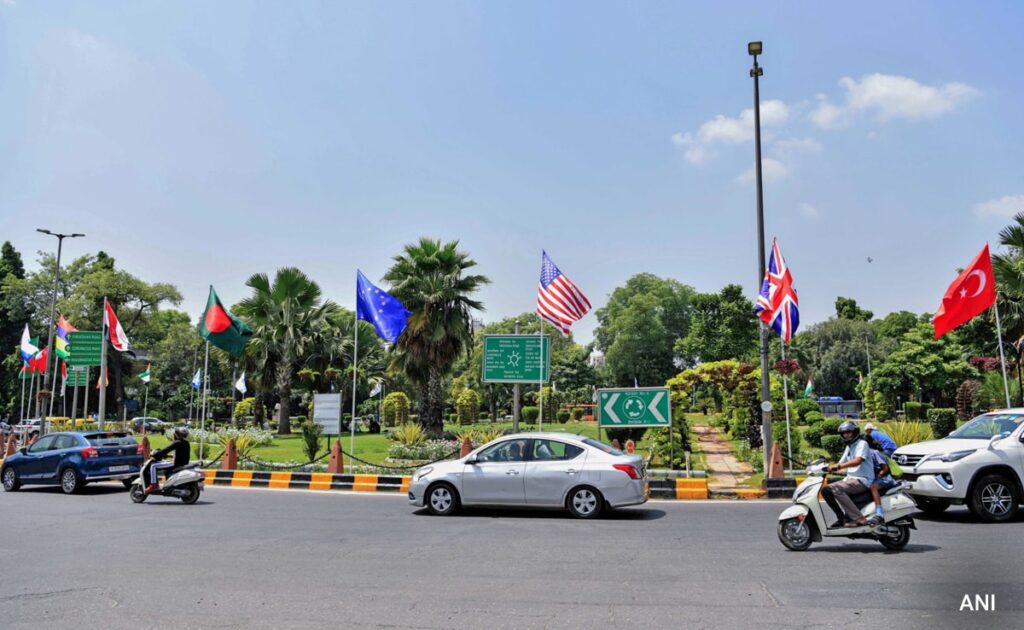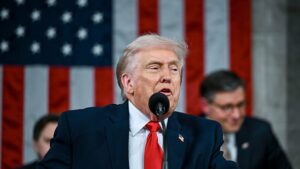“Ram Chosen King Democratically, Mahabharata Had Canons Of Good Governance”: G20 Booklets


G20 Summit 2023 New Delhi: The event will be held in Delhi on September 9 and 10.
The Centre has released two booklets ahead of the G20 summit that traces history of the country since 6000 BCE. These will be handed over to the visiting dignitaries. Titled ‘Bharat, The Mother of Democracy’ and ‘Elections in India’, these booklets will be handed over to the visiting dignitaries. Soft copies of these documents have been uploaded on the official website of G20. The 40 pages in the two booklets talk about Ramayana and Mahabharata, Chhatrapari Shivaji, Akbar and India’s transition of power through general elections.
Also Read | “President Of Bharat”: G20 Dinner Invite Sparks Big Buzz
The focus of both the booklets is that democratic ethos has been a part of the people of India for millennia.
Here are key highlights from the booklets:
The first, 26-page document portrays India as the mother of democracy. It carries the photo of a dancing girl statue, who “stands confident, self-assured and looking at the world eye-to-eye, is independent and liberated”. The bronze statue is 5,000 years old.
The booklet also carries a hymn from the Rig Veda, the earliest of the four Vedas that talks about an assembly of commoners and other representative bodies.
It then cites democratic elements in the times of Ramayana and Mahabharata, saying Lord Ram was chosen as king by his father after approval of a council of ministers and consultations.
In Mahabharata, Bhishma, the dying patriarch, told the canons of good governance to Yudhishthira. According to the booklet, Bhishma said, “The essence of a king’s dharma is to secure his subjects’ prosperity and happiness.”
Also Read | G20 Summit: Which World Leader Will Attend, Who Has Opted Out
The booklet then talks about the advent of Buddhism and how its principles influenced the democratic ethos in India, Arthashastra and its teachings and participation of people during the rule of several kings, including Ashoka, Chandragupta Maurya, Krishnadeva Raya and Chhatrapati Shivaji.
In modern times too, after Independence, the Constitution adopted by India outlined a modern, democratic Republic, while retaining past democratic models, the booklet said.
The second booklet of 15 pages traces the history of elections in India – from 1951 to 2019. From number of candidates to the arrangements made by authorities, the document highlights the progress made by India in the field of democracy.






